Clinical and social epidemiology of diarrhoea in urban settlements in NairobiThis opportunity is no longer open for applications. Thanks for your interest.
The Wellcome Trust-funded Centre for Immunity, Infection and Evolution (CIIE) has become a major centre for interdisciplinary research into infectious disease since its inception in 2008. This thriving Centre is attracting dynamic and enthusiastic researchers, operating at the interface between disciplines (e.g. infection biology, immunology, evolutionary biology, ecology, epidemiology and mathematical modelling) to create new research paradigms to tackle infectious diseases.
CIIE is hosted within the Institute for Immunology and Infection Research (http://www.ed.ac.uk/schools-departments/biology/immunology-infection) and Institute for Evolutionary Biology (http://www.ed.ac.uk/schools-departments/biology/evolutionary-biology), these being part of the ‘Edinburgh Infectious Disease’ research community, one of the largest groups of infection biologists world-wide.
Two PhD opportunities are available, funded by the Environmental and Social Ecology of Human Infectious Diseases (ESEI) project led by the University of Edinburgh together with nine other institutional partners in the UK and Kenya. This is an interdisciplinary project aiming to understand the mechanisms leading to the emergence of pathogens into urban populations, and their subsequent spread. Further details of the overall research programme are available elsewhere on this site. The PhDs will be co-supervised by members of the project consortium, and both will involve working closely not only with the specific expertise relevant to the project, but also with economists, public health and veterinary public health practitioners, social scientists, epidemiologists and urban planners. Both projects will involve interacting with policy makers and a formal policy advice process in both the UK and Kenya.
Note: Due to restrictions imposed by the funding body, these opportunities are only open to those who meet the Medical Research Council eligibility criteria for PhD funding (see http://www.mrc.ac.uk/Fundingopportunities/Applicanthandbook/Studentships/Eligibility/index.htm). Please do NOT send a CV if you do not meet this basic requirement – doing so will not elicit a response.
Project 1: “Clinical and social epidemiology of diarrhoea in urban settlements in Nairobi”
Urbanized environments in Africa are melting pots of activity and interaction: the wealthy live alongside the poor; livestock live alongside people; human and livestock waste is poorly disposed of near food production areas; formal and informal trading take place in internal and externally connected networks. This degree of mixing and contact creates ecological niches with opportunities for pathogen transmission, and several influential reports (Smolinski et al., 2003; Knobler et al., 2006) have linked urbanization to the risk of emerging infectious diseases (EIDs).
This project will address a set of questions as part of a wider research programme on disease emergence in urban environments. The focus will be on the clinical and social epidemiology of diarrhoea.
The project will primarily involve 1) an investigation of the a) causation and b) risk factors for diarrhoea amongst children under 5 in two low income urban settlements (slums) in Nairobi, through a case-control approach. Children will be recruited from the Nairobi Urban Health Demographic Surveillance System (NUHDSS), a long term cohort of urban residents in two low income settlements of the city, and investigations will include detailed microbiological studies on the causative agent of each episode combined with in-depth risk factor information collected through interview. The project will also involve 2) investigations of the causes and consequences of diarrhoea episodes in a cross sectional cohort of all ages of urban residents across different socio-economic zones in Nairobi.
This project will involve working in an urban setting to collect de novo clinical, epidemiological and sociological data from study participants. Interviews and sampling will take place in participants’ homes. Data analysis will involve linking epidemiological, microbiological and sociological parameters, and the application of appropriate statistical tools. Ideally, candidates would have existing experience with epidemiological studies, preferably case control studies. We are ideally seeking a medically qualified graduate with some existing exposure to epidemiological research and an interest in the social determinants of health. Non-medically qualified candidates with a Masters level degree in Public Health or a related discipline will be considered and are welcome to apply.
The student will be registered at the University of Edinburgh, and will also be supervised by, and be part of, collaborators’ research groups at the African Population and Health Research Center (APHRC), the Kenya Medical Research Institute (KEMRI) – both in Nairobi and the International Institute for Environment and Development (IIED) in London. This studentship will involve extensive periods of time in the field in Kenya.
The project will involve the mastery, development and application of several research tools. There will be field, laboratory and analytical elements to this project, and the successful candidate will benefit from an interdisciplinary environment involving biologists, sociologists, epidemiologists, microbiologists, economists, geographers and others.
The Zoonotic and Emerging Disease group studies a range of epidemiological issues revolving around the domestic livestock, wildlife and human interface


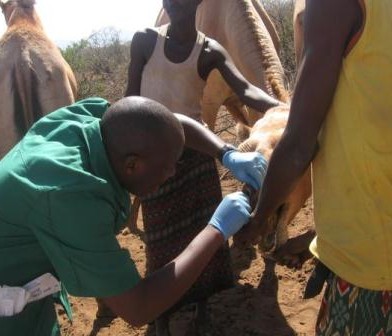
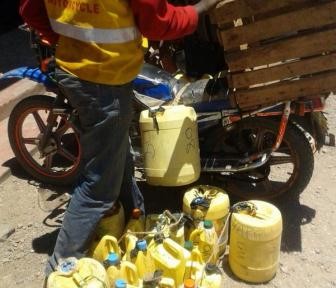
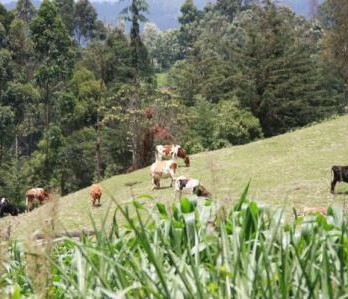
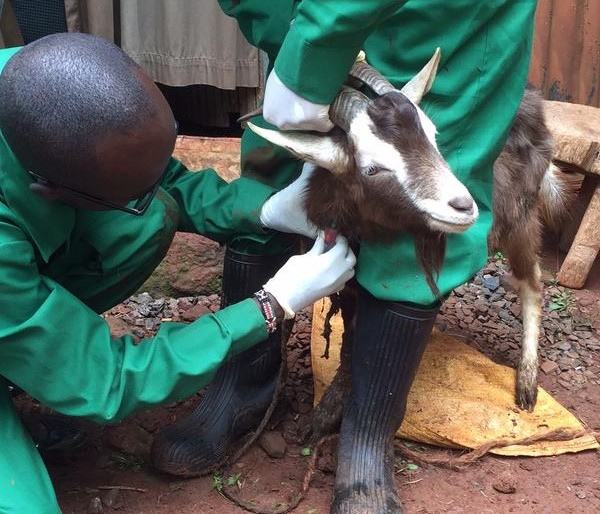
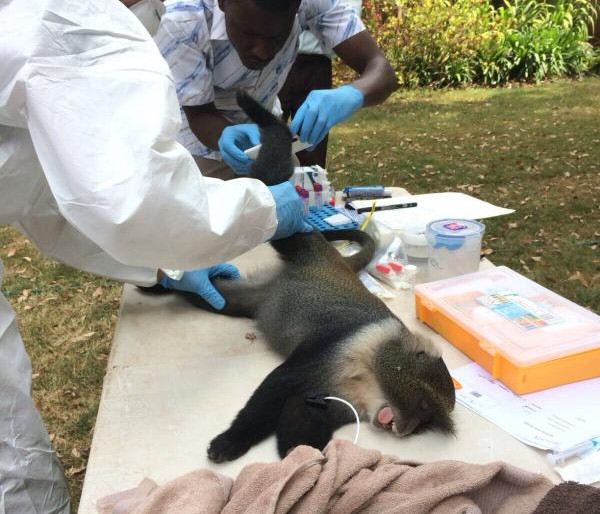
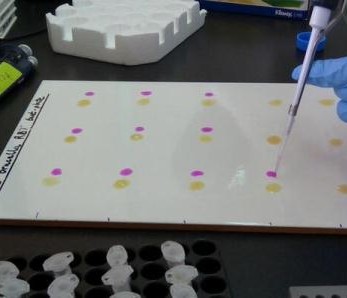
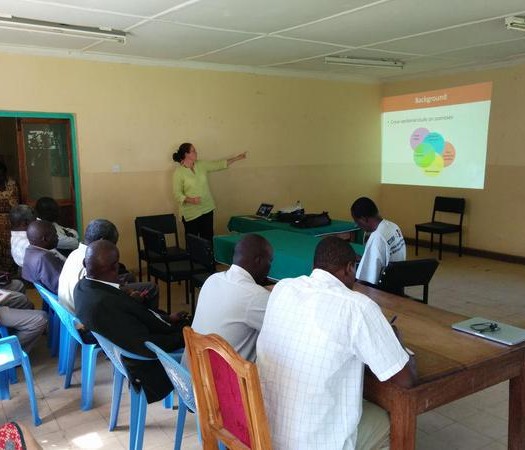
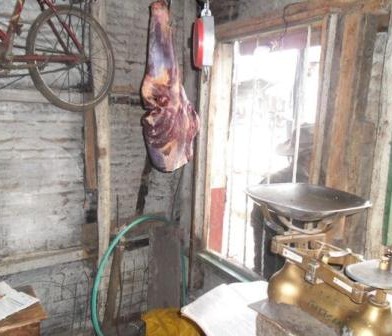
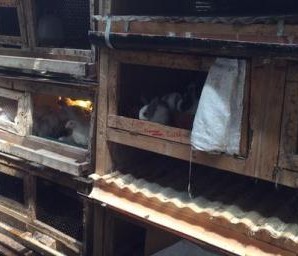
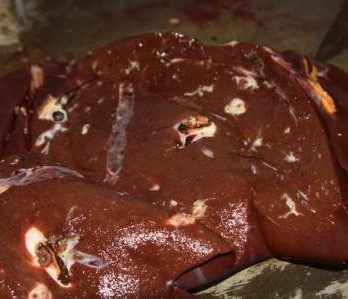
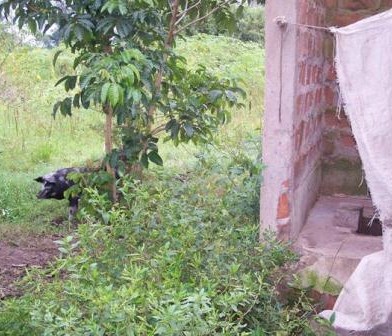
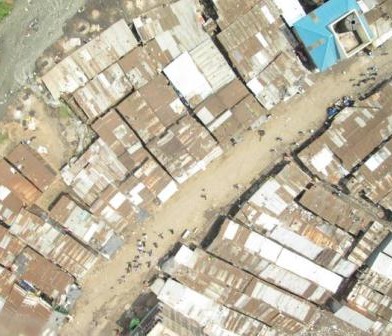
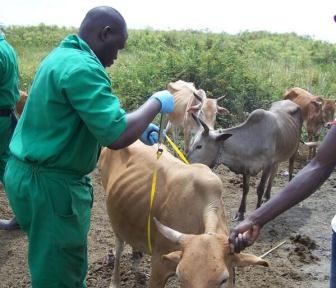

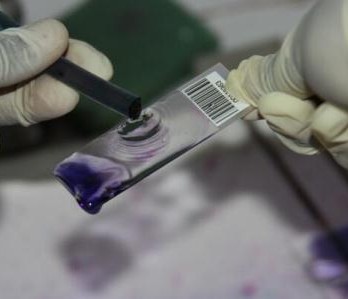
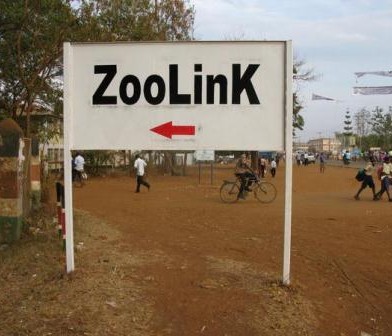
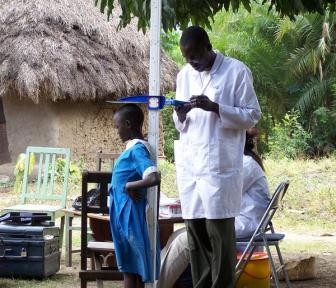
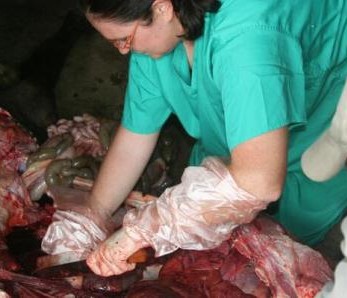


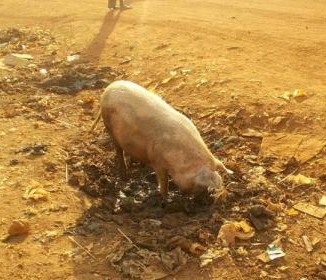
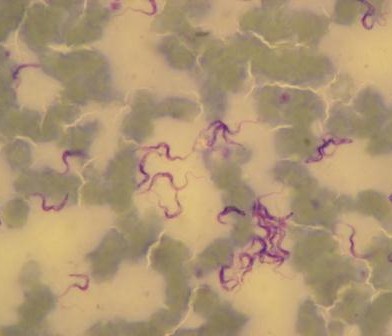
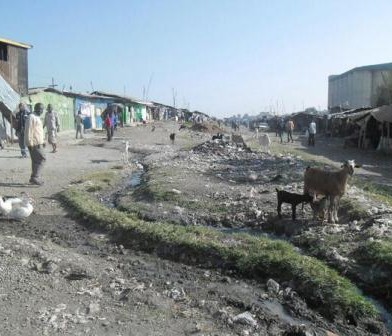
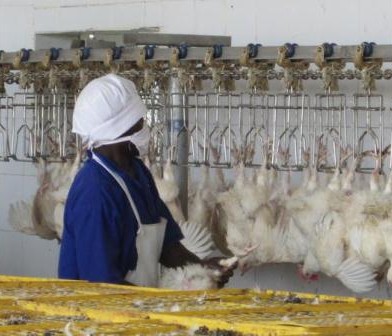
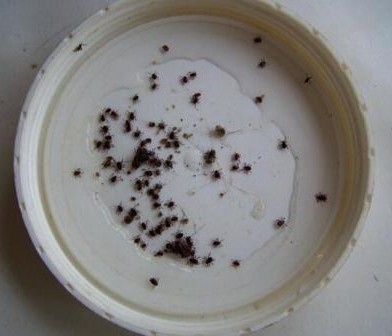

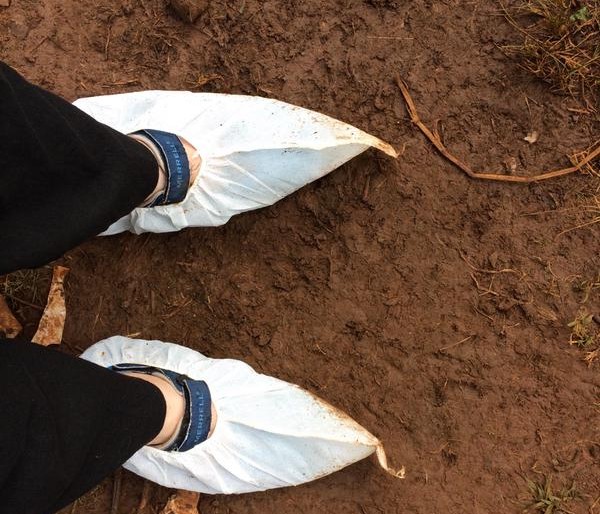
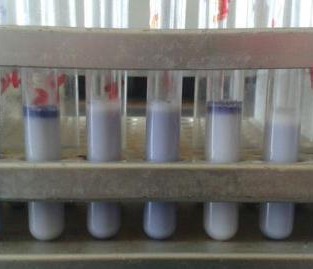
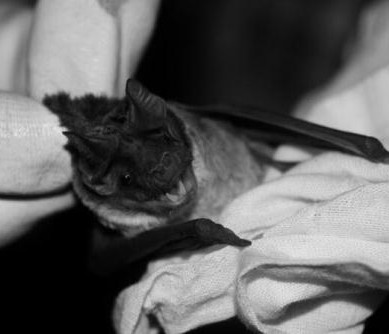
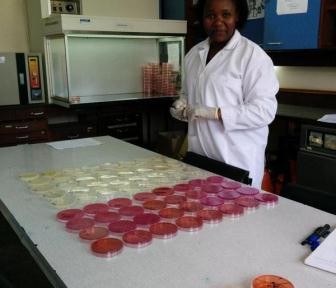
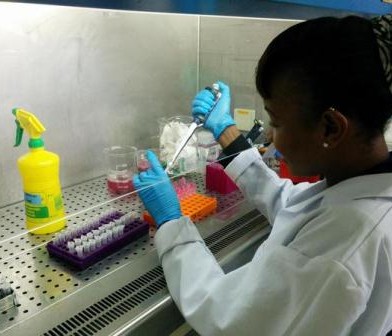
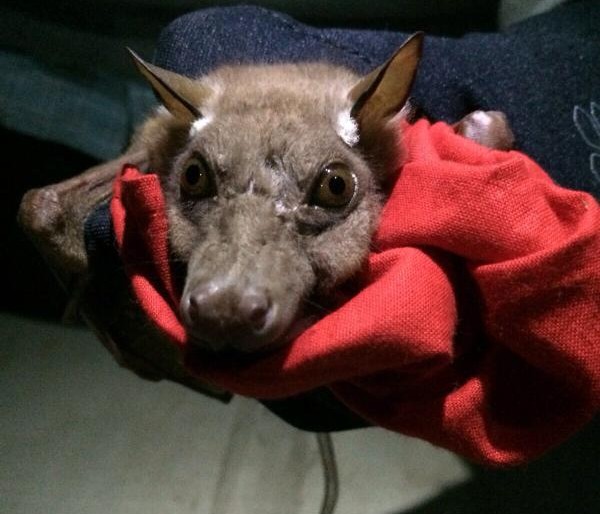
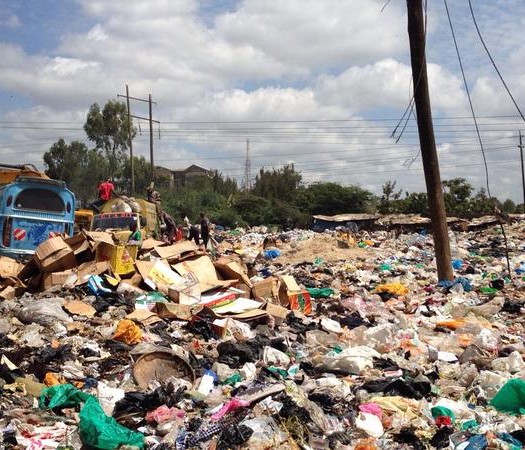
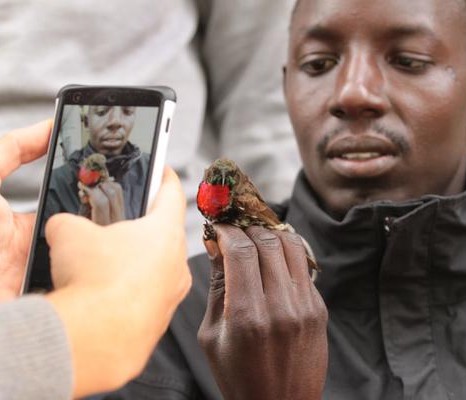
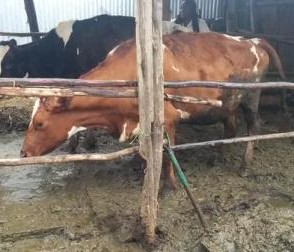
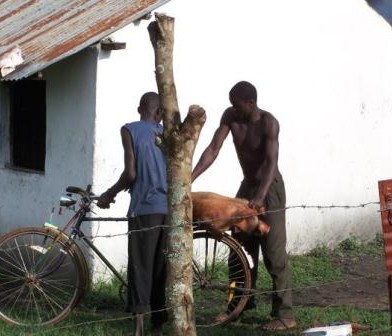
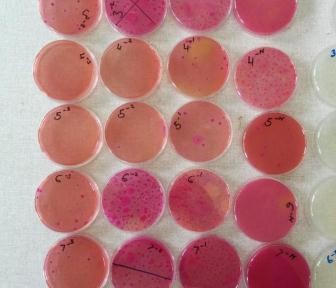
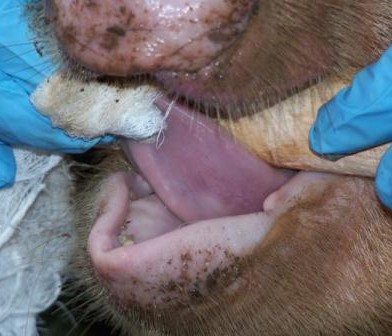

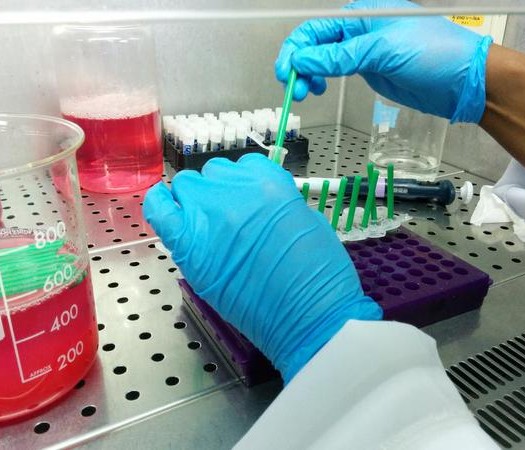
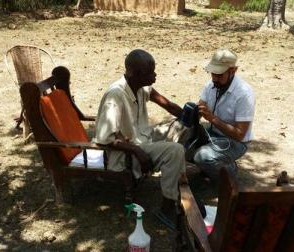

You must be logged in to post a comment.